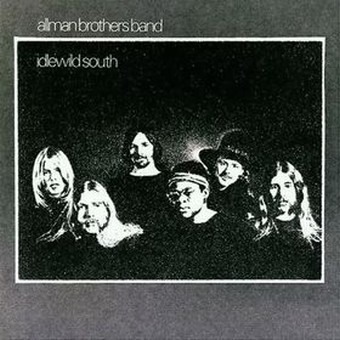Tuesday 4 June 2013

Right from the beginning of Dickey Betts’ Revival it’s obvious the second album by the Allman Brothers Band is the product of an outfit with some aspirations to commercial success. The self-titled debut album had identified them as an outfit with potential, but in a crowded marketplace they’d been doing it tough, and one suspects a realisation that they needed something that would find its way onto the airwaves if they were going to operate at anything beyond semi-starvation level.
As a result (and I suspect slotting Tom Dowd into the producer’s chair had a fair bit to do with it) Idlewild South presents as tighter, more accessible, reasonably commercial and definitely radio-friendly. Part of the credit, of course, also has to go to the emergence of Dickey Betts as a second writer in the outfit, and while he might have only contributed two tracks here, Revival’s poppy gospel delivered hints of a genuine commerciality and In Memory of Elizabeth Reed pointed towards another ABB trademark, the long jazz-inflected instrumental.
Rolling Stone described the album, which takes its name from the band's nickname for the Georgia farmhouse where they were living at the time (the comings and goings reminded them of Idlewild Airport) as comprising briefer, tighter, less 'heavy' numbers, which just about nails it as far as the first three tracks on Side One are concerned.
Dickey Betts’ Revival gets things off to a lively start and could, with a stroke of luck in the airplay department, have been a fairly successful single (think Blue Sky and Ramblin’ Man), Gregg Allman’s Don't Keep Me Wonderin' works as a reasonably poppy take on the blues and Midnight Rider comes across as an on the road campfire anthem and is, arguably, in a three way photo finish with Whipping Post and Dreams in the Gregg Allman Signature Song Stakes.
Regardless of whether Dickey Betts actually had sex across the relevant grave in Macon’s Rose Hill Cemetery, almost seven minutes of In Memory of Elizabeth Reed’s Latin jazz instrumental would also have worked in an FM radio environment and would have been handy, in a word of mouth sense, in promoting the band’s live appearances (sort of Hey, man, that was really cool but you should see what happens when they do it live)...